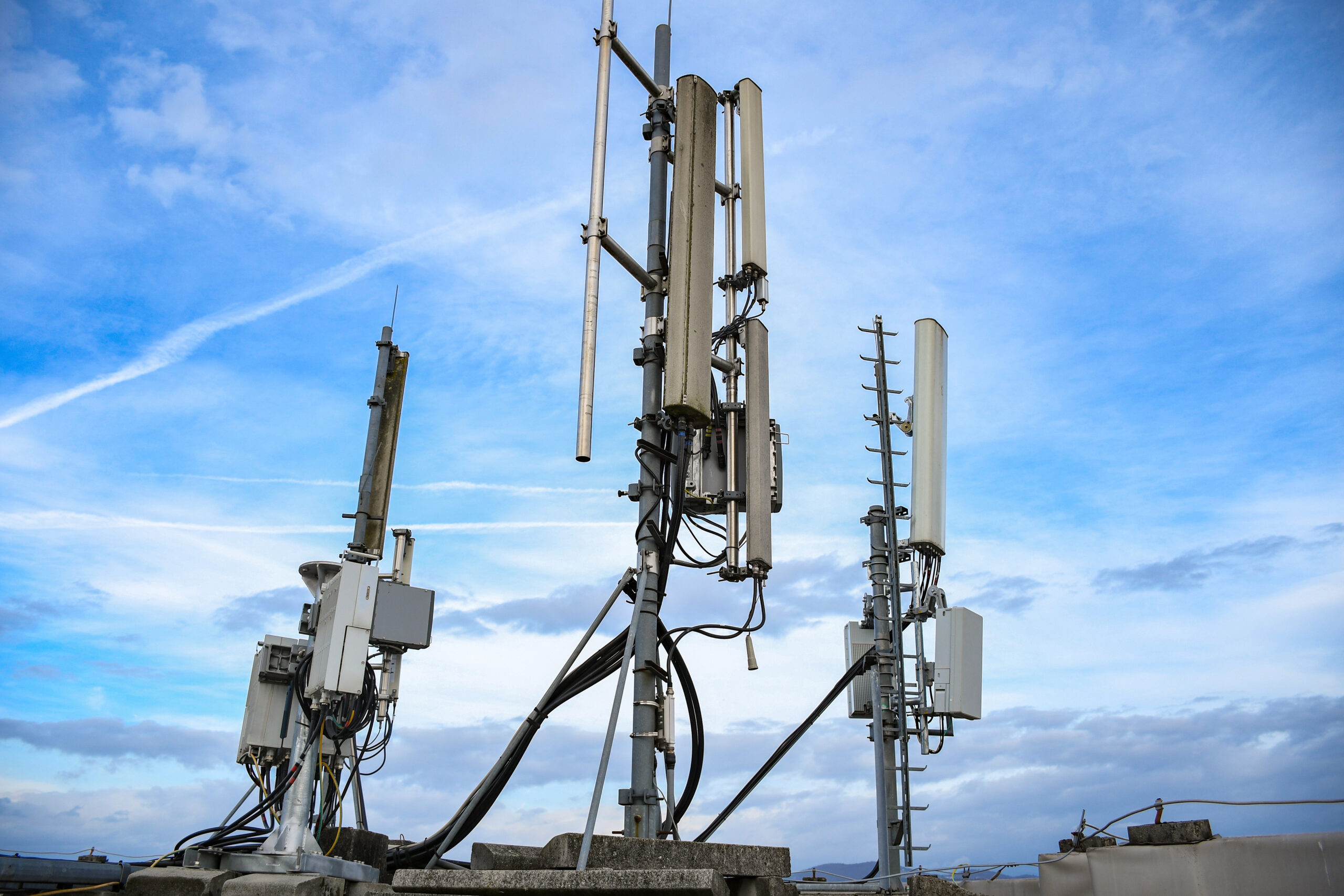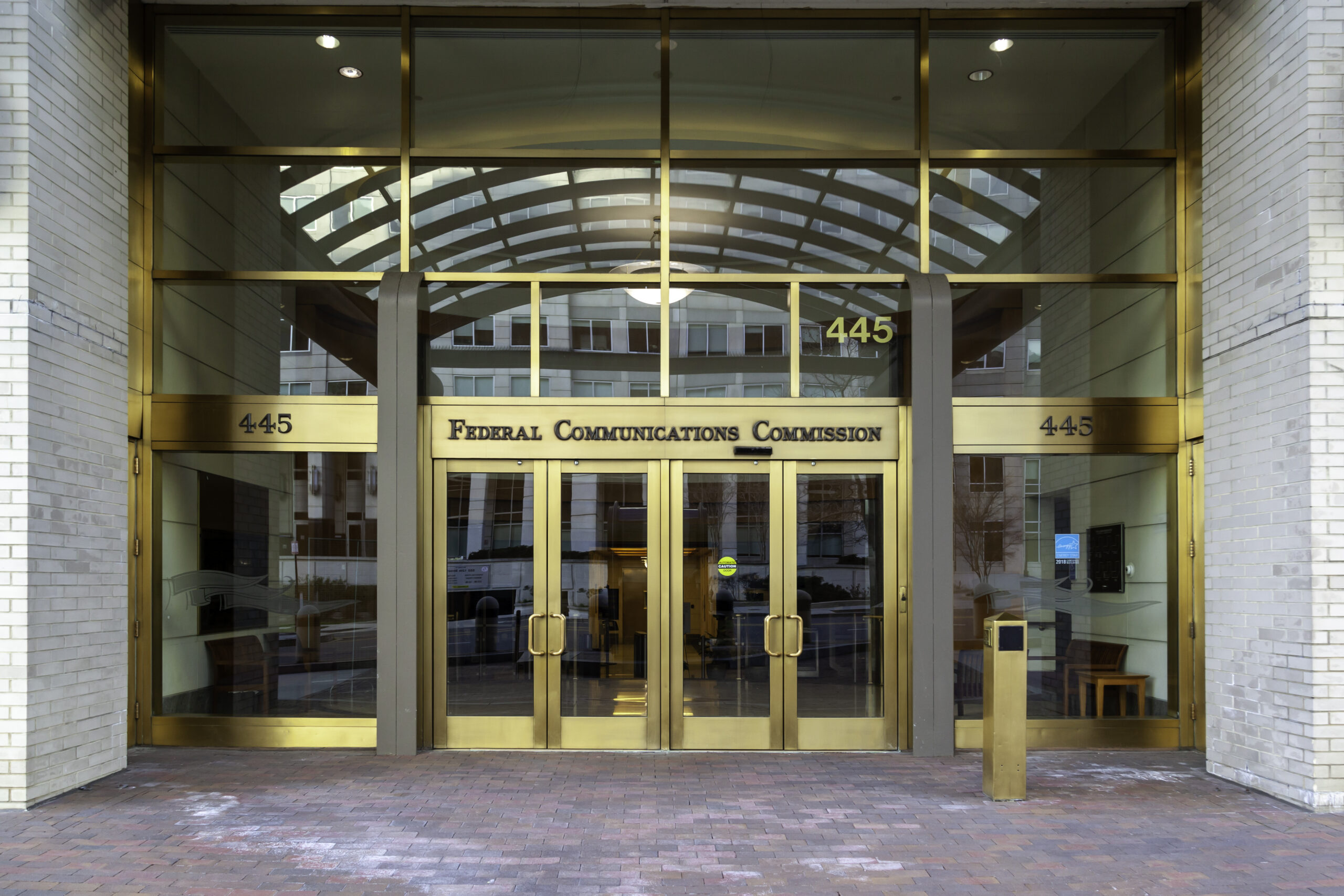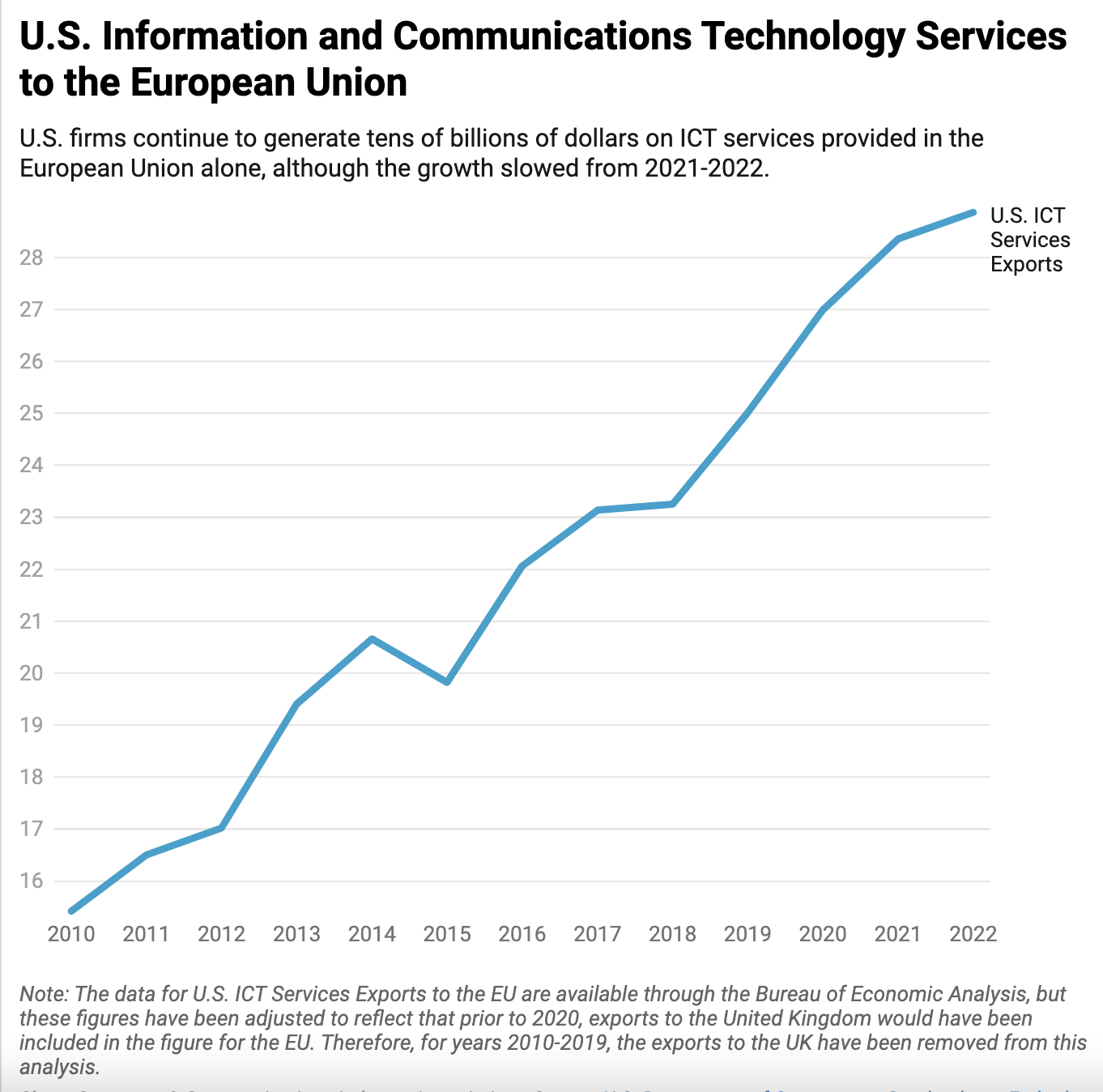In Service of Universal Broadband: Maximizing the Benefits of America’s Mid-Band Spectrum

After more than a decade of financial expenditures, over $100 billion in government investments, and three years after the COVID-19 pandemic launched an unprecedented, nationwide effort to connect America, millions of Americans still lack access to reliable broadband service. These statistics are a signal to federal lawmakers to reevaluate their efforts in support of smart spending, effective programs, and sound broadband policy with an invigorated energy for tangible results.
Ahead of the Federal Communications Commission (FCC) May 18 Open Meeting, Chair Rosenworcel announced an agenda item that has drawn a range of reactions from telecom industry experts and broadband advocates: a Report and Order (R&O) and Further Notice of Proposed Rulemaking (FNPRM) that declines to authorize mobile use of the 12.2-12.7 GHz band. Although this news is a step back in the movement toward universal broadband access, its accompanying Notice of Proposed Rulemaking (NPRM) seeks to expand wireless broadband deployment by proposing to open the upper 12 GHz band (12.7-13.25 GHz) for mobile broadband use.
As a longtime advocate of universal broadband access and a participant in the 5Gfor12GHz Coalition, an advocacy group calling on the FCC to open the 12 GHz band for mobile services, CCIA had high hopes that the lower 12 GHz band would be authorized in this R&O for mobile broadband use. Studies from leading engineering and research institutions overwhelmingly demonstrate the 12 GHz band’s suitability for mobile broadband use as well as the enormous social and economic benefits of unlocking the band for deployment of 5G technologies. For example, according to a 2021 study by the Brattle Group, authorizing the band for 5G deployments would generate over $50 billion in value through mobile services alone while producing more than $1 trillion in total social benefits.
In March, the FCC’s authority to auction spectrum for commercial use was allowed to expire for the first time since its institution in 1993. In light of this unprecedented lapse in authority, the wireless industry sets its gaze upon the forthcoming FNPRM to maximize the benefits of the 12GHz band for not only the millions of unconnected Americans and underserved communities across the country, but for the U.S. economy and its competitiveness on a global stage.








